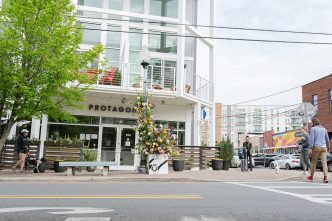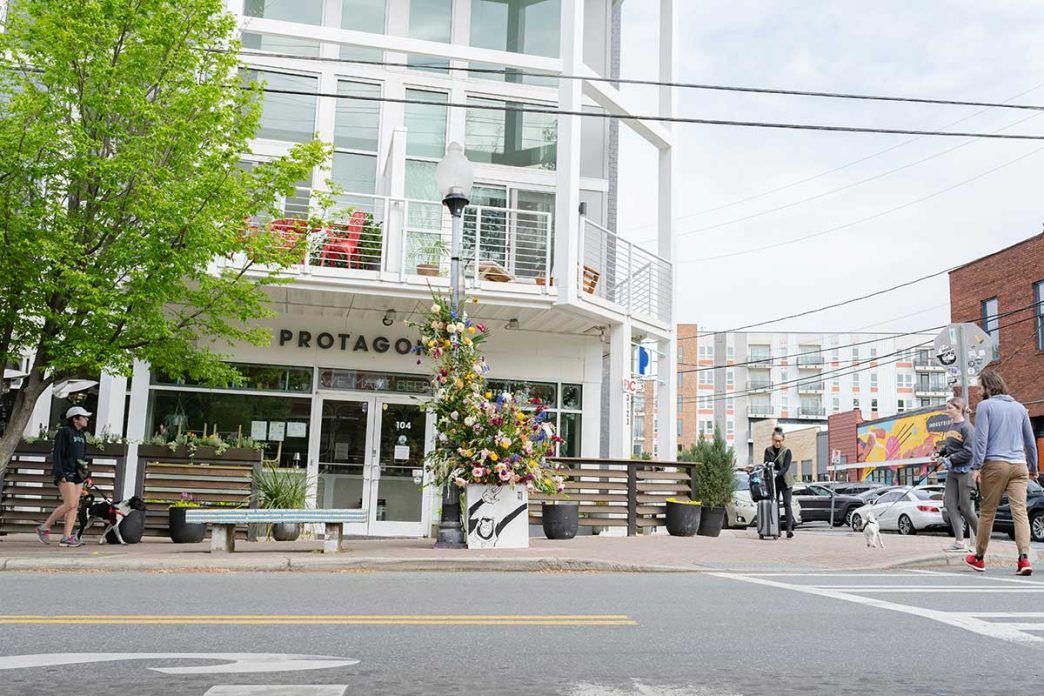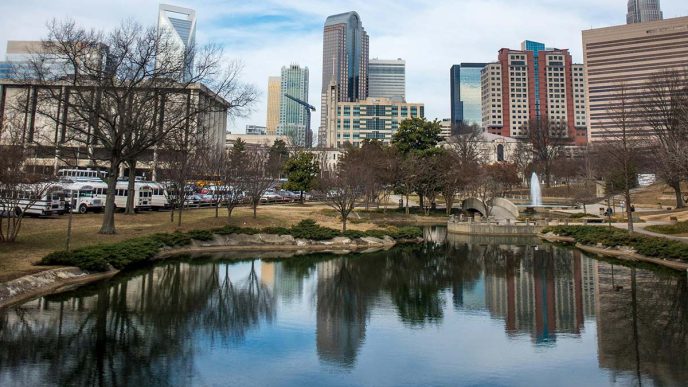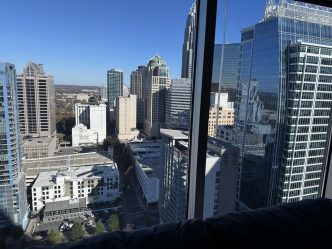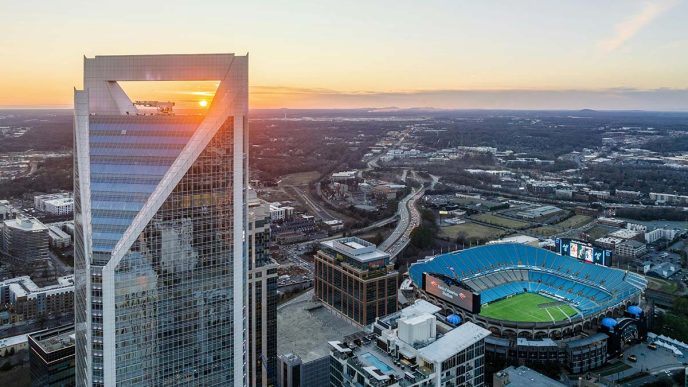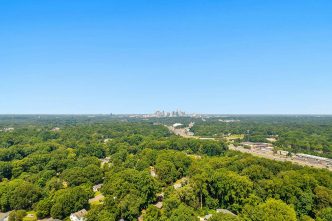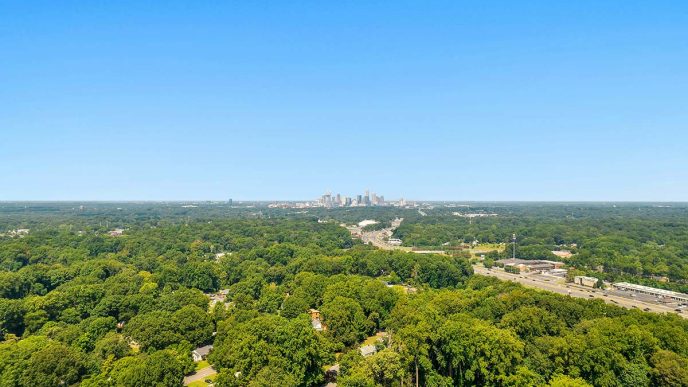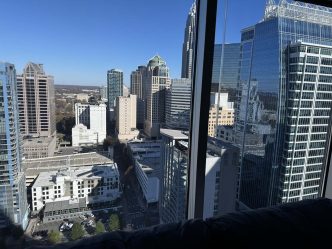Introduction
When one envisions a city that effortlessly marries metropolitan allure with southern charm, Charlotte, North Carolina, invariably surfaces in the mind. As a burgeoning hub of culture, finance, and community warmth, Charlotte pulls with an irresistible force, drawing newcomers like moths to a porch light on a Carolina summer night. Yet, embarking on a journey to a new locale such as this Queen City requires more than a GPS and a U-Haul. To truly immerse yourself in the heart of Charlotte, one must have a map, both literal and metaphorical, and the willingness to venture beyond the known.
Charlotte’s Evolving Identity
First and foremost, understanding Charlotte’s evolving identity is paramount. Recent years have seen rapid growth; skyscrapers now punctuate the skyline, casting long shadows over districts of revitalized mill houses and freshly paved bike lanes. Historically a linchpin of the banking industry—home to the East Coast operations of major financial institutions—Charlotte is zealously expanding its portfolio. The city is now a prime destination for tech startups and aerospace industries, forging an interesting synergy between tradition and innovation. As a transplant, one can find a starting point by mingling within this dynamic economic milieu, networking at entrepreneurial meetups or financial sector hubs, taking part in Charlotte’s biannual fintech festivals, or simply engaging in conversation over a local craft beer.
Social Integration and Community Traditions
Indeed, the social landscape of Charlotte provides an intricate tapestry for integration. Newcomers are often struck by the hospitality that resonates with every encounter, from the warm salutations on the light rail to neighbors bearing homemade biscuits as a welcoming gesture. Yet, what defines one’s social acclimatization here is the adoption of community traditions. Whether it’s attending a Carolina Panthers game at the Bank of America Stadium replete with fervent local fandom or perusing farmer’s markets that echo with the laughter of long-time residents, embracing local habits is a rite of passage. Equally integral are the cultural staples: the Mint Museum’s chic exhibitions, the historic Bechtler Museum of Modern Art, each offering a glimpse into the city’s elevated yet unpretentious artistic vein.
Exploring Charlotte’s Neighborhoods
Navigating the city’s geography, a mosaic of neighborhoods each with its own ethos, unveils a deeper understanding of what makes Charlotte tick. Uptown, the pulsating heart, buzzes with commerce and opportunity, where socialites rub elbows at the latest pop-up art gallery opening. Meanwhile, the laid-back ambience of NoDa (North Davidson) speaks to creative types, where street murals serve as backdrops for coffee-scented musings. South End enchants with its historical charm juxtaposed against modern developments, crafting an ideal tableau for young professionals. Exploring these neighborhoods becomes an odyssey into Charlotte’s soul, where each street tells a story, each corner whispers secrets of its genteel past and hard-fought modernity.
Practical Considerations for Newcomers
Yet, as enchanting as these experiences may be, practicality must invariably ground the dream. Prospective residents should engage with the logistics: housing markets, commute assessments, cost-of-living analyses. The proliferation of construction cranes is a testament to a booming real estate market, tapping into the influx of transplants seeking to stake their claim. Thus, pinning down a home base, whether within the historic quadrants of Dilworth or the urban allure of Plaza Midwood, involves more than an aesthetic inclination—it is an exercise in judicious financial planning and foresight regarding future market trends.
Building Personal Connections
Lastly, and perhaps most poignantly, is the cultivation of personal connections. In this digital age, connecting has transcended the limitations of geography, yet there remains an irreplaceable value in face-to-face interaction, in sharing a meal or exchanging stilted jokes. For transplants, building a network in Charlotte can begin at institutions like the Chamber of Commerce or through joining local clubs ranging from running groups at Freedom Park to civic engagement circles dedicated to preserving Charlotte’s green spaces. Essentially, the bonds of friendship here, as in any city, are the unseen threads weaving together Charlotte’s rich, varied tapestry of humanity.
Embracing Charlotte as Home
In sum, to relocate to Charlotte is to embark on an adventure filled with promise and potential. Its streets, rich with tradition and teeming with innovation, require new denizens to approach with both reverence and readiness for change. The city rolls out a southern welcome mat dotted with possibilities—from cultural immersion to economic opportunities, from deeply nourishing community bonds to tranquil personal spaces in a bustling, yet intimately navigable urbanscape. With this roadmap in hand, transplants will find not just a new zip code, but a new home, characterized by the seamless melding of past and present in the heart of the American South.
